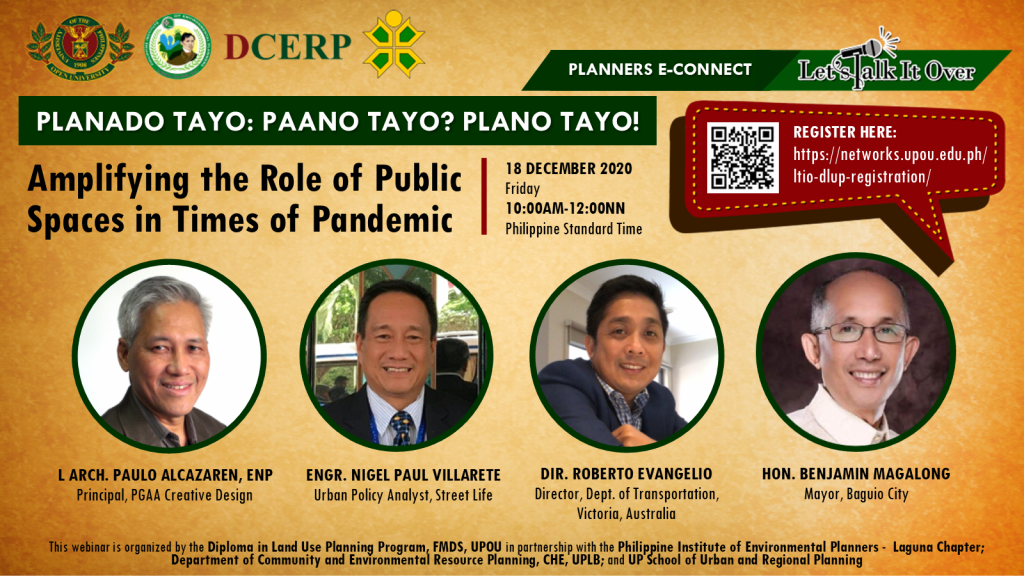
UP Open University’s (UPOU) Faculty of Management and Development Studies (FMDS) concluded the Let’s Talk It Over Series (LTiO) for the year with the webinar hosted by the Diploma in Land Use Planning (DLUP) Program titled “Amplifying the Role of Public Spaces in Times of Pandemic” during 18 December 2020 via UPOU Networks.
Esteemed speakers from various fields were invited to share their insights on public spaces in different contexts through the partnership with the Philippine Institute of Environmental Planners Laguna Chapter; Department of Community and Environmental Resource Planning of the College of Human Ecology, UP Los Baños; and UP School of Urban and Regional Planning.
Arch. Paulo G. Alcazaren, the Principal of PGAA Creative Design, expressed in his talk the need to recover and develop open spaces and parks for relief and refuge, as well as the necessity to build infrastructure on alternative modes of transportation in the Philippines as part of the post-pandemic recovery. Juxtaposed to the bad practices in the Philippines in terms of the architecture of open spaces, paragons of streets and open parks that are present in other countries were showcased by the urban planner. He also featured his carefully and strategically designed works on open spaces such as parks, pedestrian/non-motorized transport system in his 35 years of practice as a consultant in planning, urban design, and landscape architecture.
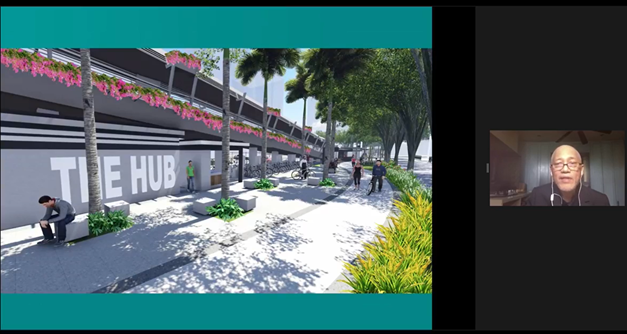
Engr. Villarete, commonly known online as ‘StreetLife’, presented his insights on Cebu’s mobility in the new normal. According to him, “the problems of the old can be solved and applied as well in the new normal.” He illustrated this thought by showing how active mobility such as cycling, which is one of his advocacies, and the Two Bus Rapid Transit (BRT projects) like the Bus Carousel in EDSA have found their place during the COVID-19 pandemic. In his talk, he emphasized the essence of land use and mobility synergy, freeing and diversifying streets, and making transportation environment friendly.
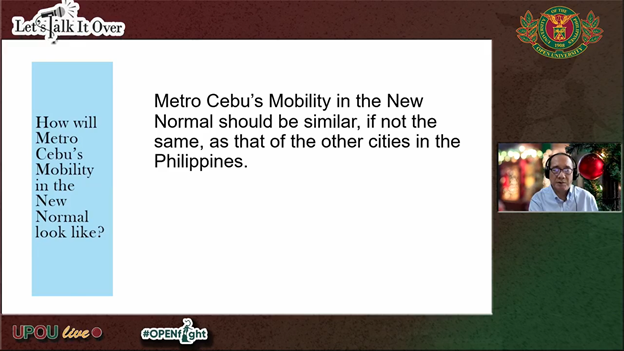
Meanwhile, Dir. Roberto Evangelio of the Department of Transportation in Victoria, Australia shared Melbourne’s best practices and his experience in planning for the return to COVID-normal. The first thing you would want to think of in transport planning is the vision you have for the whole city and how to translate them into transport objectives, he explained. The transport planner stated that in Melbourne, principles are converted into outcomes, directions, and policies, and all of these are consistent with the city goal. He finished his talk with a quote and a reminder from Jan Gehl: “First life, then spaces, then buildings—the other way around never works.”
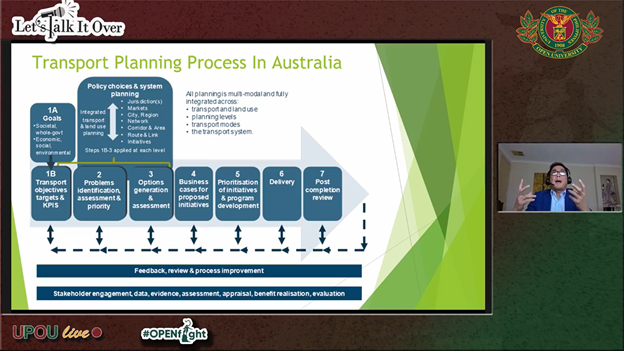
Coming from the government perspective, Mayor Benjamin Magalong of Baguio City, who is also a Contact Tracing Czar, showcased the contact tracing e-system which has been part of the strategic responses to the COVID-19 pandemic. He testified that the LGU-based digitalization has been a great contributor to the efficiency and efficacy of their programs to face the pandemic. Envisioning what might happen next year, he foresees that digitalization would also be beneficial in the distribution of the COVID vaccines.
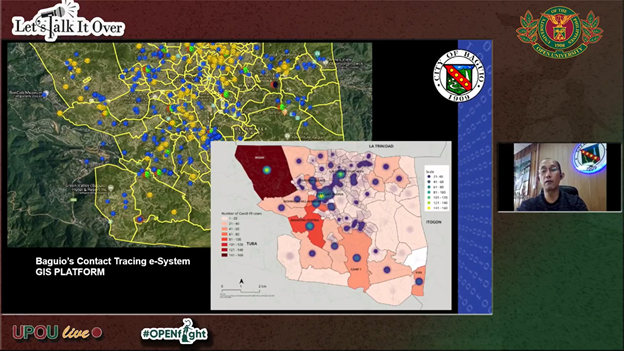
Gracing also the event were the FMDS Dean Primo G. Garcia who welcomed the participants, DLUP Program Chair Dina C. Magnaye who synthesized the talks of the speakers, Asst. Prof. Kristina Cordero-Bailey who hosted the program, and EnP Beverly M. Abad who moderated the open forum. A total of 826 registered participants joined and 2,451 views were recorded during this webinar.
In 2020 alone, FMDS has initiated several webinars to discuss the range of responses to the pandemic from different sectoral views like public health, the environment, governance, flexible learning, gender, psychosocial care, and land use planning.
Written by Jichele Ann Urma
Edited by Larry Cruz & Primo G. Garcia

















FMDS Socials